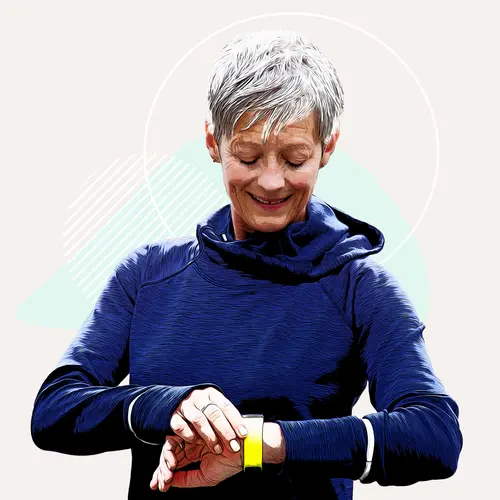
In a recent, yet-to-be-published study, researchers report that golfers older than 50 live longer than people who don’t play the game. One reason, the authors speculate, may be obvious: Golf involves exercise, and exercise benefits the heart. But they offer another possible explanation: Golf’s a social sport, and getting together with others provides a positive for health.
Another study, published in November 2019, linked social isolation with memory loss among the elderly. Highly isolated men saw a decline in memory three times greater than men whose isolation the researchers considered average.
Both studies add to what experts recently have begun to learn about the impact of loneliness. Their timing couldn’t be better, says Teresa Murray Amato, MD.
“As the population ages, we’re probably going to see an increase in older men that don’t have a spouse and feel isolated,” says Amato, director of geriatric emergency medicine at Northwell Health in Manhasset, NY. “Isolation can have an impact on sleep, on depression, and on cognitive function.”
Amato points out that simply being alone does not necessarily mean you’re lonely. Some people thrive on their own. But if you feel lonely and isolated, you should pay attention. Amato’s biggest concern: suicide.
“The No. 1 most successful group in attempting suicide is single, older men,” she says. “Depression’s a real red flag for someone who’s single, older, and male.”
For many men, isolation may begin at retirement, Amato says. She says it is more than simply the loss of co-workers and camaraderie that explains the negative feelings that often arise.
“It’s the loss of a title and the loss of a purpose,” Amato says. “For some people, that type of life change can lead to depression or feelings of loss or grief, and sometimes that can snowball into being more isolated.”
She wants more primary care doctors and other physicians to add loneliness to their checklist of questions for older patients. “We need to start asking these questions. Not just do you live alone, but do you feel lonely and isolated?”
It may be hard, but if your doctor doesn’t ask you, raise the issue yourself if you feel lonely. And do it on a regular basis, Amato advises. You want to catch it early, before it can do real harm. Amato points out that loneliness has been linked to early death.
One recommendation to counter isolation: Join a gym. You’ll get exercise and contact with others, and both will build on each other.
“The less isolated you are, the more likely you are to exercise,” Amato says. “Together, that’s likely to decrease depression and cognitive losses.”
Ask Your Doctor
Where can I look for opportunities to connect with others?
Check with your local community center or other local organizations that offer group activities. You might like Men’s Shed, available in select areas of the U.S., a nonprofit that brings men together to pursue hobbies and other activities.
What are some signs that loneliness has taken a toll?
If you have developed difficulties with tasks like paying bills or balancing your checkbook, it could be a sign of loneliness and depression rather than dementia.
How will you diagnose my loneliness?
Your primary care doctor can screen for depression, loneliness, and social isolation, but you may have to bring it up yourself. If you have access to a geriatrician, make an appointment.
Will I need to see a therapist?
Your doctor may recommend that. A therapist can help you address your loneliness and depression through talk therapy and, if appropriate, medication.
Find more articles, browse back issues, and read the current issue of WebMD Magazine.


